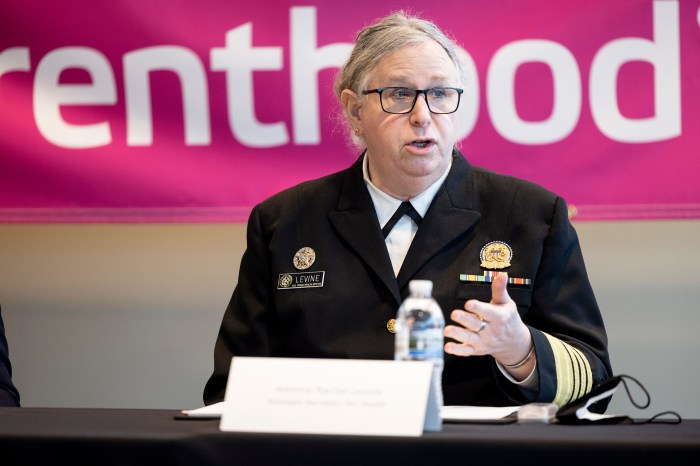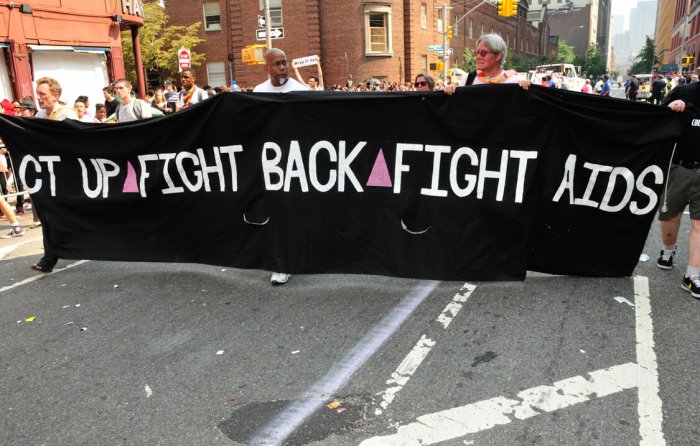BY DUNCAN OSBORNE | Drawing criticism from gay and AIDS groups, the city health department has eliminated its Office of Lesbian, Gay, Bisexual and Transgender Health, multiple current and former department staff confirmed.
“I think that not having, in this day and age, a designated visible office that specifically addresses LGBT health in New York City, given the enormous health disparities that the community still faces, is unconscionable,” said Dr. Barbara E. Warren, director for organizational development, planning and research at the Lesbian, Gay, Bisexual and Transgender Community Center.
Drawing criticism from gay and AIDS groups, the city health department has eliminated its Office of Lesbian, Gay, Bisexual and Transgender Health, multiple current and former department staff confirmed.
The functions once performed by the office will be handled by a coordinator, Sara Markt, a health department spokeswoman said. But in a later email, Markt wrote, “No change on this – just some reorganization. This office was moved from one unit in HIV to another.”
The office was first established in 1983 by Mayor Ed Koch. Its high point came in 1990 under Frank J. Oldham, then its director, when the office had a staff of six and an annual budget of $2 million. Oldham reported directly to a deputy commissioner.
Its status lessened over time. Most recently, it was part of the Bureau of HIV/AIDS Prevention and Control. The office was seen as largely ineffective until 2004 when Brett Larson became the director. The office, then with a staff of four, had not had a director for the year-and-a-half prior to Larson taking the job. He was charged with leading the city's response to crystal meth use among gay men.
Larson, who left the position in 2006 after roughly 18 months, managed a $300,000 anti-meth campaign, produced a day-long conference on meth for healthcare providers, and increased the office's visibility in the city's lesbian and gay community. The office has had two directors since Larson.
With its reduced funding and standing in the department and lower profile in the community, it is not clear that eliminating the office will have a real impact. Intended or not, community groups certainly see a message in the closing.
“I don't think the elimination of this office impacts anybody in any way because the office hasn't existed for several years,” said Tokes M. Osubu, executive director of Gay Men of African Descent. “It is symbolic in that it is saying your issues are not that important.”
AIDS and gay groups were already angry after Dr. Thomas R. Frieden, the city's health commissioner, abruptly pulled out of a February 8 meeting with groups working with black gay men.
Gary English, interim executive director of the New York State Black Gay Network, a coalition of 16 groups, was among those objecting to the Frieden cancellation. He said closing the health office was “outright wrong and outright homophobic.”
English said the office “could have done more,” but added that the health department may have slowly starved it of funds with the intention of eventually shutting it down. Closing it does send a message.
“I think it's sending the wrong message to the community that they don't care about LGBT health at the health department,” he said. “That's the wrong message.”
Sean R. Cahill, managing director of public policy, research and community health at the Gay Men's Health Crisis (GMHC), objected to the health department not telling community groups that it was eliminating the office.
“It represents a significant step backwards and it really places New York City many years back in relation to other health departments around the country,” Cahill said. “There are other big city LGBT health offices that are doing important work… It is just really unfortunate that New York City has taken this step backwards.”
Support the Advertisers that Support Gay City News


































